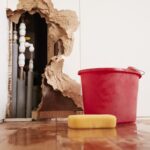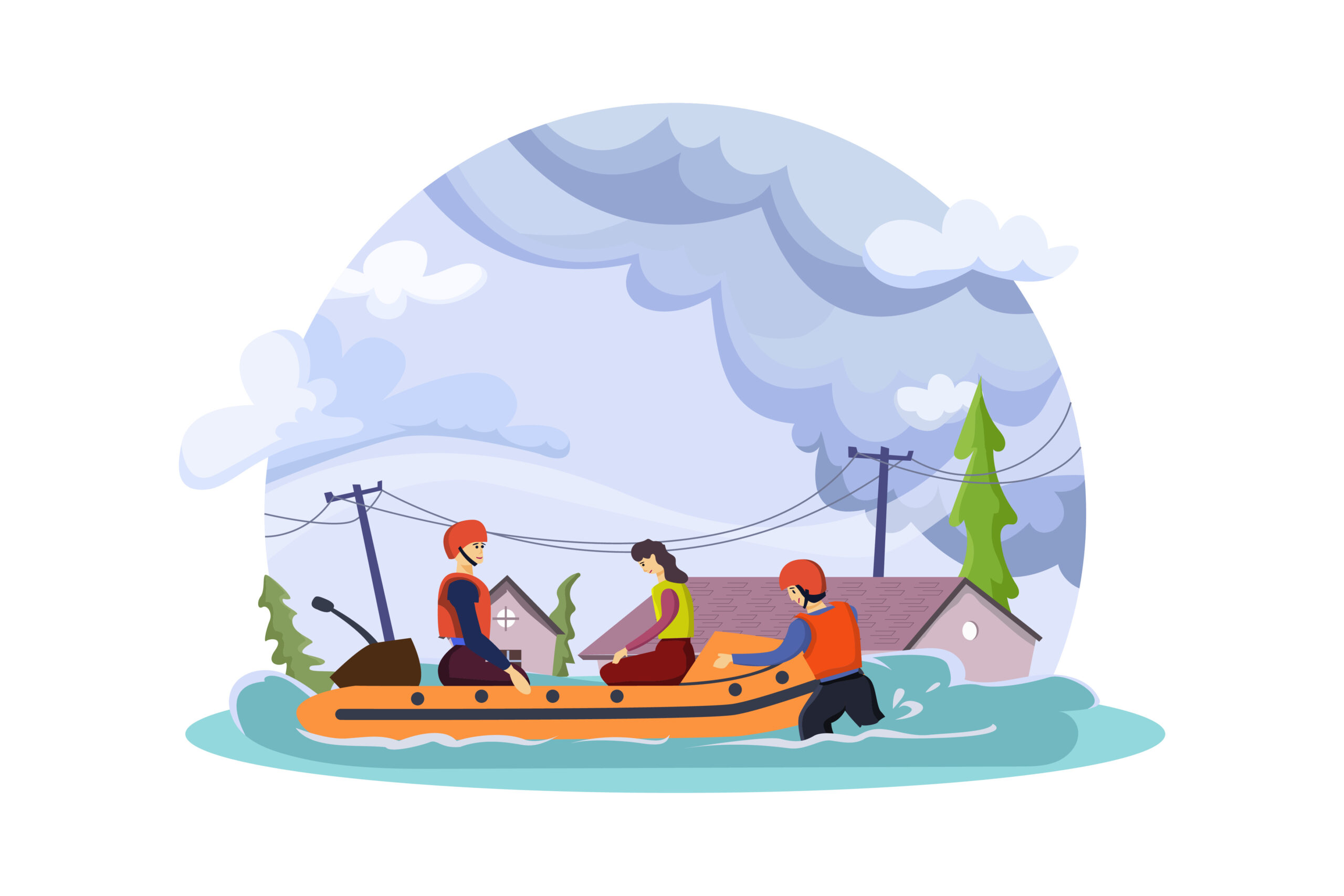Homeowners insurance policies provide financial protection to homeowners against unexpected events such as fires, theft, and natural disasters. However, one type of natural disaster that is often excluded from typical homeowners policies is flood damage. In this blog, we will explore why flood damage is excluded from homeowners insurance policies and what homeowners can do to protect themselves against flood losses.
Flood damage is typically excluded from homeowners insurance policies because it is considered a gradual event, rather than a sudden and unexpected occurrence. Floods can occur due to heavy rains, hurricanes, and other natural disasters, but the damage caused by flooding can take days or even weeks to manifest. This makes it difficult for insurance companies to accurately assess the damage and determine the appropriate amount of compensation.
Another reason why flood damage is excluded from typical homeowners insurance policies is that it requires separate coverage from the National Flood Insurance Program (NFIP). The NFIP is a federal program that provides flood insurance to homeowners and businesses in high-risk flood zones. This program was established in 1968 to help homeowners protect themselves against flood losses, which are not covered by standard homeowners insurance policies. Contact communitypublicadjusters.com to learn more about flood insurance.
Insurance companies are not equipped to handle widespread losses caused by natural disasters such as floods. The costs associated with repairing and rebuilding homes and businesses after a flood can be staggering, and insurance companies simply do not have the capacity to cover these losses. This is why the government established the NFIP to provide relief to homeowners in the event of a flood.
While flood damage is not covered by typical homeowners insurance policies, it is important for homeowners to understand the limitations of their policies and obtain additional coverage if needed. Flood insurance is available through the NFIP and can be purchased through licensed insurance agents. Homeowners who live in high-risk flood zones are required by law to carry flood insurance, but even those who live in low-to-moderate risk zones can benefit from this coverage.
In addition to obtaining flood insurance, homeowners should also take steps to document any damage caused by flooding and be prepared to negotiate with their insurance company. This may involve hiring a public adjuster to help with the claims process or seeking legal assistance if the insurance company is not willing to provide adequate compensation.
In conclusion, flood damage is excluded from typical homeowners insurance policies because it is considered a gradual event that requires separate coverage from the NFIP. Insurance companies are not equipped to handle widespread losses caused by natural disasters, and it is more efficient for the government to provide relief in such cases. Homeowners should understand the limitations of their insurance policies and obtain additional coverage if needed, as well as document the damage and be prepared to negotiate with their insurance company. By taking these steps, homeowners can protect themselves against the financial devastation caused by flooding.
We represent home and business owners and have vast experience with the following types of claims
- Fire and smoke damage claims
- Water damage claims
- Flood damage claims
- Theft and vandalism damage claims
- Snow and ice damage claims
- Building collapse claims
- Wind and hail damage claims
- Catastrophic damage claims
- Roof leaks
- Blown off shingles & siding
- All plumbing leaks
- Toilet overflow
- Burst Pipes
- Frozen Pipes





